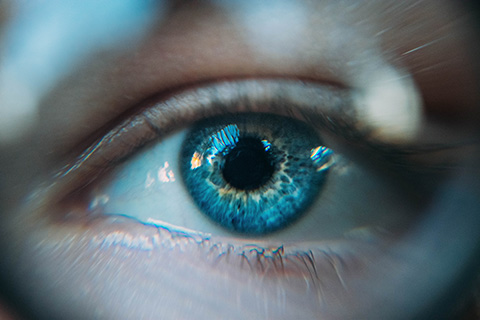
Genetics is one of many risk factors that can contribute to bipolar disorder. Your genes are passed down from your parents and ancestors, and they provide the blueprint for how your body and brain develop.
Genetics is really complicated, and so is mental illness. There’s no single gene that determines for sure whether you’ll have bipolar disorder. (Even something as simple as the color of your eyes is determined by up to 16 different genes!) Instead there are many genes that affect the way your brain develops, and this can make you more or less likely to develop bipolar disorder later on.
Other factors that contribute to bipolar disorder include your environment, your habits, and stressful or traumatic events.
Does knowing my family history help?
If members of your family have been treated for bipolar disorder, it can be useful to know which treatments have or have not worked for them. Just remember that you are still an individual, and there’s no substitute for finding the treatment that works best for you.
At the end of the day, there’s nothing you can do about your genes—but you can do something about your other risk factors. You can remove yourself from toxic environments, practice healthier habits, and seek treatment and support.
"*" indicates required fields
